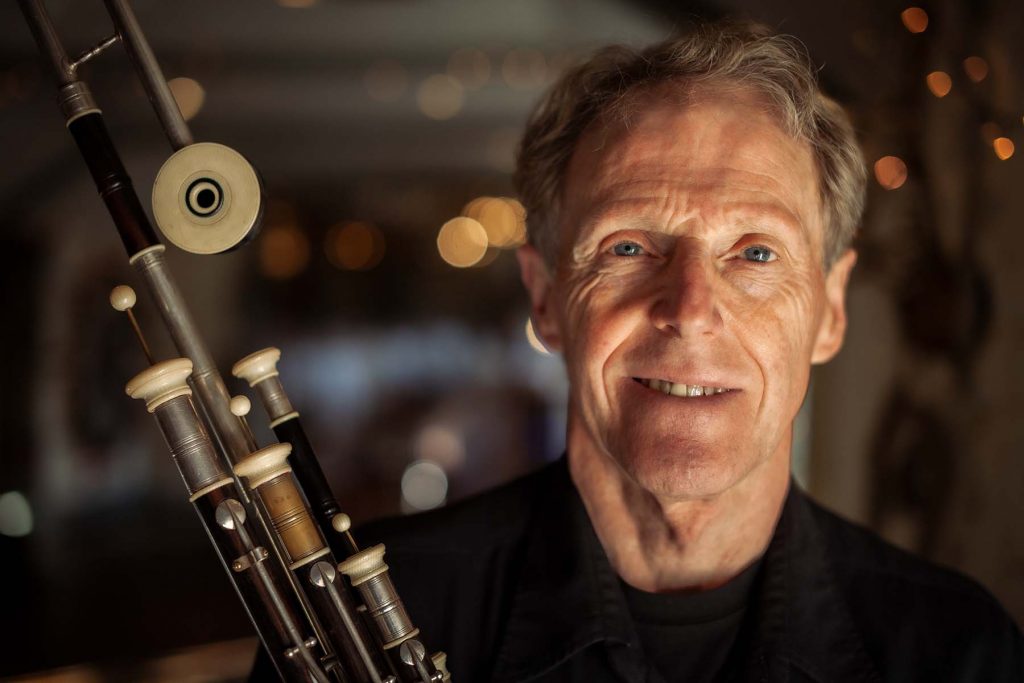
Uilleann pipes or Irish bagpipes
The Uilleann pipes are a complex, sophisticated instrument that can deliver a unique form of traditional music and sound. They have been used in popular films such as Braveheart and Rob Roy.
Uilleann, pronounced ill-in, is the Irish word for elbow. The piper uses one elbow to pump the bellows, which inflates the bag, and the other elbow to control the air pressure in the bag.
It is a distinctively Irish type of bagpipe that evolved from the earlier Pastoral pipes about the beginning of the 18th century and was initially referred to as Union pipes.
Uilleann pipes are made in various pitches. In the older sets the pitch is usually a tone, sometimes more, below concert pitch. Among players such pipes are known as ‘flat sets’.
The instrument’s distinguishing features are:
- the bag is filled by a bellows, not from a blow pipe;
- the chanter or melody pipe has a range of two octaves (16 notes) as compared with a range of nine notes on the older pipes;
- the addition of regulators or closed chanters which permit an accompaniment to the melody;
- drones that can be controlled by a switch.
A lot of the development of the union pipes is attributed to William Kennedy (1768 – 1834) of Banbridge, County Down who lost his sight at the age of four but went on to become a repairer and maker of furniture, instruments and clocks. He is commemorated annually at the William Kennedy Piping Festival in Armagh.
In early December 2017 the United Nations Educational, Scientific and Cultural Organisation (UNESCO) inscribed uilleann piping in their Representative List of the Intangible Cultural Heritage of Humanity. It joins an extensive list of expressions of human culture from around the world, which UNESCO has agreed constitute precious parts of human heritage.
Compiled and edited by Martin Nolan.
Sources:
History of the Uilleann pipes at www.pipers.ie
“A short history of the Uilleann pipes” by Terry Moylan published by History Ireland www.historyireland.com
Information about William Kennedy from www.armaghpipers.com

